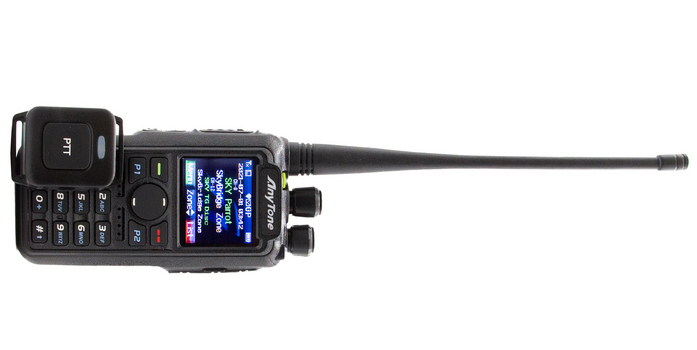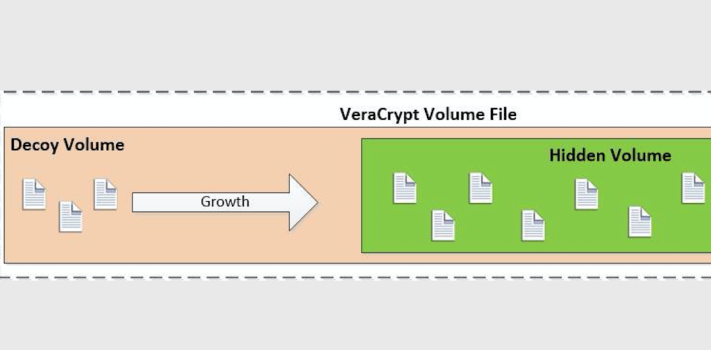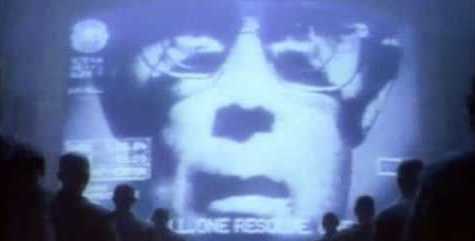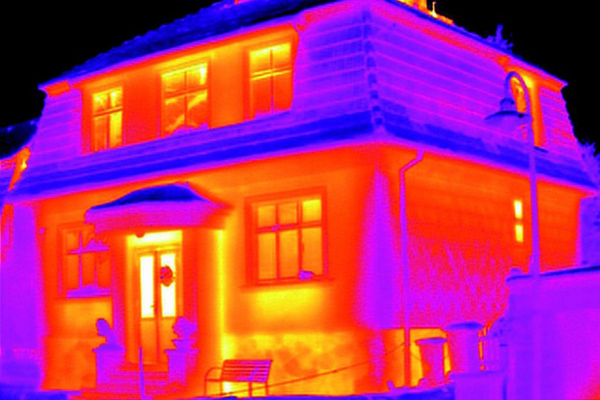Mitigating the Drone/RDF Threat – Part 3, by Tunnel Rabbit
(Continued from Part 2. This concludes the article.) A Low Cost, and Simple-to-Operate Simplex Repeater We can use a simplex repeater such as the Argent Data Systems ADS-1 Simplex Repeater. This is essentially a sophisticated digital voice recorder that is superior in quality to the Surecom, and other cheap Chinese renditions. We must have a reliable system especially when it is relatively difficult to access and a linchpin in importance. Using a simplex repeater in conjunction with a cross-band repeater can confuse the RDF analysis further. This ‘repeater’, is actually a digital voice recorder that provides many useful functions. For …









